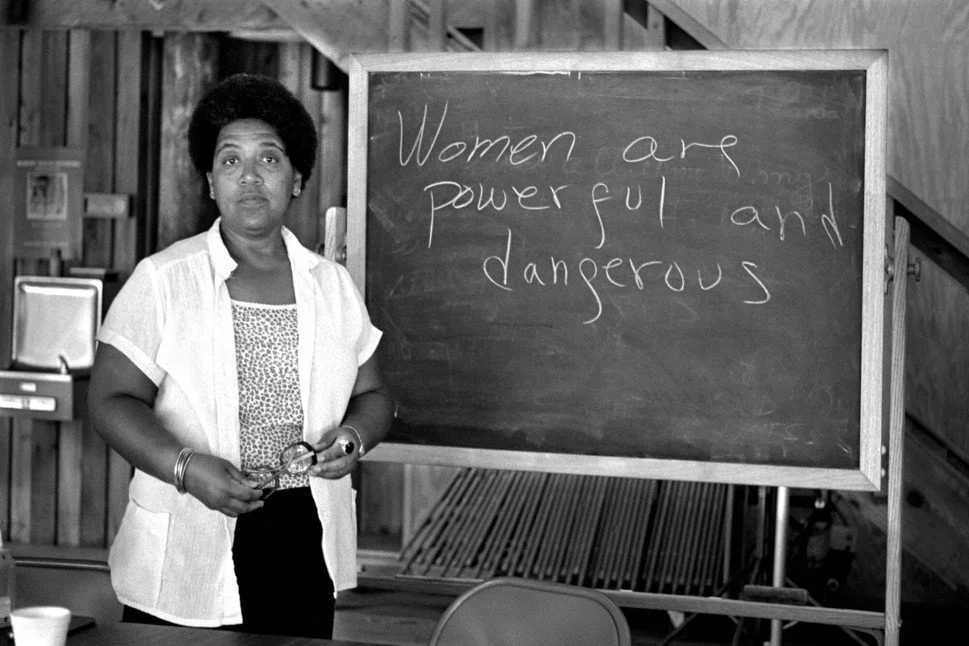Blonde: Netflix's Exploitation of Marilyn Monroe
Picture from Vogue
Peyton Impola
Marilyn Monroe is perhaps one of the most iconic figures to ever emerge from Hollywood. Her blonde bob, red lips, and trailblazing nature made her a bombshell in the 1950s and 60s. Even after her tragic death, artists, directors, and authors have been obsessed with Monroe’s impact and allure. Today, Andrew Dominik’s film Blonde sits on top of Netflix’s movie charts. The film is said to document Monroe’s rise to stardom and tragic downfall. However, as the film premiered, it drew criticism from audiences, who found it exploitative and sexist. Audiences rated it a 32% and Rotten Tomatoes only gave it a score of 42%. Model Emily Ratajkowski even put her two cents in the debate, stating she felt the film “fetishizes female pain.” With such bold and compelling critiques, some may be wondering what exactly makes Blonde so polarizing. The issues with the film boil down to four main components.
Blonde is Not a Biography.
While its marketing may suggest otherwise, the film Blonde is not a biopic. It is instead based on the fictionalized events of a novel by author Joyce Carol Oates. Many viewers felt they were misled by the film, and that it was marketed as a biopic. The movie was not constructed to tell Monroe’s story–it was told to shock viewers. With crass scenes of sexual violence, explicit sexual scenes, and blatant exploitation of Monroe, Blonde feels more like a thriller than a biopic. Little material in the film is true to Monroe’s life, and the depiction of Monroe herself butchers her actual character. The entire film feels like a caricature of Marilyn Monroe and her story.
The Film is Directed by a Man
Female stories will always be more accurate if they are directed by a woman–someone who has a deeper understanding of the struggles that accompany womanhood. Oftentimes men see life through a different lens, and their retelling of female stories can come across as shallow. Blonde is no different. Marilyn Monroe’s story is told by a male director–and viewers can tell. From the overtly sexual nature of the film–garnering it an NC-17 rating, the depictions of Monroe as constantly sexual–even in scenes where she is suffering, and the extremely stigmatized abortion scene, the entire film feels so removed from the female perspective. To make matters worse, the film’s director, Andrew Dominik, made overtly cruel and misogynist remarks regarding one of Marilyn Monroe’s most popular films, Gentlemen Prefer Blondes. Marilyn Monroe deserved better than to be exploited by another man who does not value women. It is an absolute disservice to the actress that a female director was not employed in Blonde.
Blonde Sexualizes Monroe’s Pain
Marilyn Monroe lived a hard life. She grew up in foster care, suffered from abuse her entire life, and ultimately ended her own life. However, she was by no means weak. Monroe was a strong woman and a trailblazer for her time. Blonde portrays Monroe as a victim, and details graphic scenes of her suffering, including scenes of sexual assault. Monroe almost comes across as weak, as a damsel in distress. She has no agency. The filmmakers depict her being raped, abused, and exploited, all while attempting to keep her sexual and alluring. It is a film presented through the male gaze. The scenes of suffering are presented through a sexual lens, making it almost unbearable to watch.
Hollywood Can’t Seem to Let Marilyn Monroe Rest
It is a common trend in Hollywood to resurrect old trauma. From Princess Diana, to Brittney Spears, to Marilyn Monroe, filmmakers love to delve into real-life trauma, whilst ignoring the fact that real people are the ones who had to suffer. Blonde is no exception. The movie seems completely ignorant of the fact that Marilyn Monroe was a real person and that she deserves to rest in peace. Retelling stories about her involving trauma and hardship makes it so people only remember the bad things that happened in her life. If we as a society truly cared about Monroe, we would stop consuming media that exploits Monroe in her death as she was in her life. Marilyn Monroe is not here to consent to the constant retelling of her life and stories, and the most moral course of action would be for us to let her rest and stop unearthing horrible events in her life.
Marilyn Monroe deserves so much better than Blonde. She was a strong and powerful woman, who did wonders for the advancement of female empowerment. She was more than just the bad things that happened to her. Monroe deserves to rest in peace, without having her image exploited by male directors who depict her as a sexual object. If you take one thing away from these criticisms, let it be that Marilyn Monroe was far more than an object for sexualization and trauma, and deserves to be treated with respect and dignity. I implore you not to watch Blonde and to instead let the icon rest peacefully.
Sources:






